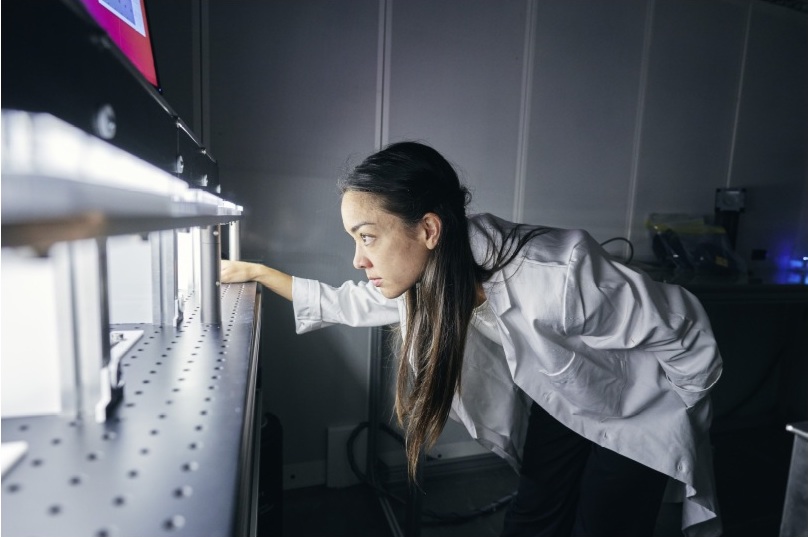CASCB talk by Yuko Ulrich: Behaviour and disease in clonal ant societies
Time
Friday, 18. November 2022
11:45 - 12:45
Location
A0704
Organizer
Special Seminar in collaboration between the Zukunftskolleg at the University of Konstanz and the CASCB
Speaker:
Dr Yuko Ulrich, Max Planck Institute for Chemical Ecology, Jena
This event is part of an event series „CASCB Winter Seminar Series 2022/23“.
Group-living is a widespread strategy that comes with particular costs and benefits. For example, it allows for division of labour, which is thought to increase group efficiency, but it also increases the risk of disease outbreaks. Here, I will describe recent findings on the emergence and regulation of division of labour, as well as ongoing work on the link between social organisation and infection dynamics in an experimentally accessible social insect, the queenless, clonal raider ant Ooceraea biroi.
Many social groups rely on division of labour between group members to function. Division of labour in turn requires stable behavioural variation between colony members. We investigated how behavioural diversity between otherwise identical individuals is generated and modulated by the social environment. We find that increases in colony size alone can generate the emergence of rudimentary but stable division of labour among otherwise identical workers. We then show how different sources of heterogeneity in group composition have distinct effects on behaviour—ranging from behavioural convergence to behavioural divergence between behavioural types—and evaluate these results against the predictions of a widely used model for self-organised division of labour in social insects.
We then probe the interplay between division of labour and disease dynamics using experiments with nematodes that naturally infects the head of ants. We find that individual behavioural roles alone affect infection risk so that the distribution of parasites across colony members reflects colony-level spatial organization of division of labour. Infection in turn feedbacks on behaviour, with infected ants and their uninfected nestmates alike showing altered spatial distribution.
Yuko Ulrich from the Max Planck Institute for Chemical Ecology in Jena researches the spread of diseases and disease resistance in social insects. The biologist completed her doctorate at ETH Zurich, where she studied evolutionary ecology in bumblebees under the supervision of Paul Schmid-Hempel. During her postdoc in Daniel Kronauer's group at Rockefeller University, New York, she helped establish the predatory ant as a model for studying social behavior. She then established an independent research group at the University of Lausanne, which moved to ETH Zurich and finally to the Max Planck Institute for Chemical Ecology in Jena, Germany.

